Who is the best underground rapper? The world of music is always evolving, and nowhere is this more evident than in the dynamic realm of underground rap. These hidden gems, often flying under the mainstream radar, are crafting intricate rhymes, powerful beats, and unique stories that resonate deeply with audiences. Whether you’re a seasoned fan of hip-hop or just dipping your toes into the genre, there’s something undeniably captivating about the raw authenticity of underground rap. From rising stars to established legends, this article dives into the heart of the underground rap scene, exploring the top artists shaping the sound of 2024, the differences between underground and mainstream rap, and the cultural significance of this ever-growing movement. Get ready to uncover the voices shaping the future of hip-hop!

The Best Underground Rapper
When it comes to determining the “best” underground rapper, it’s important to recognize that the term can be subjective and depends on personal preferences and the specific criteria used for evaluation. However, several artists consistently stand out due to their unique styles, lyrical prowess, and dedication to their craft.
- MF Doom – Known for his intense lyrical content and dark, cinematic style, MF Doom has earned a reputation as one of the most respected voices in underground hip-hop. His deep, gravelly voice and intricate wordplay set him apart from many of his peers.
- Joey Badaon – With his classic New York City vibe and old-school flow, Joey Badaon has become a favorite among underground hip-hop enthusiasts. His ability to tell stories and convey emotion through his lyrics makes him a standout artist.
- Action Bronson – Action Bronson is known for his bold, brash delivery and unique blend of storytelling. His music often dives into gritty, urban narratives, making him a favorite among those who appreciate raw, unfiltered rap.
- Grimez – Grimez is a rising star in the Atlanta rap scene whose music combines Southern trap influences with authentic storytelling. His ability to balance catchy hooks with meaningful lyrics has helped him gain a loyal following.
Each of these artists has carved out their own niche in the music industry, often operating outside the mainstream spotlight. Their dedication to their craft and their ability to connect with audiences on a personal level are key factors that contribute to their status as underground rappers.
What is the difference between underground rap and rap?
Underground rap is a subgenre of rap music that operates outside the mainstream commercial sphere. Here’s a breakdown of the key differences:
| Aspect | Underground Rap | Mainstream Rap |
|---|---|---|
| Production Style | Lo-fi, DIY, and often raw production | Polished, professional, and mainstream-friendly |
| Distribution | Independent labels, mixtapes, and digital platforms | Major record labels and widespread radio play |
| Target Audience | Devoted fans, hip-hop purists, and niche audiences | General public, younger listeners, and casual fans |
| Lyrical Content | Often more introspective, social commentary, and experimental | More commercial-friendly themes and pop influences |
Underground rap often embraces authenticity and originality, frequently drawing from subgenres like conscious rap, boom bap, and old-school hip-hop. Artists in this space typically build their reputations through grassroots efforts rather than mainstream chart positions. While mainstream rap may dominate charts and radio airplay, underground rap continues to thrive as a cultural force, inspiring many of today’s most innovative artists.
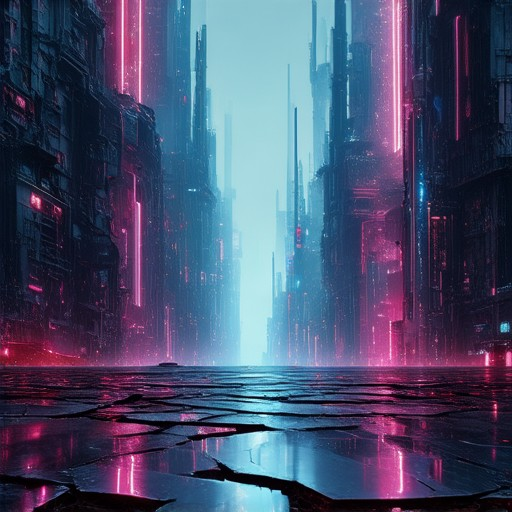
Who Started Underground Rap?
Underground rap emerged in the mid-1990s, characterized by its authentic storytelling, social commentary, and raw, gritty sound. Key figures in its development include artists like KRS-One, The Wu-Tang Clan, and Jay-Z, who initially contributed to the genre before transitioning to mainstream success. The genre gained momentum in the mid-’90s, with influential albums like Enter the Wu-Tang (36 Chambers) by The Wu-Tang Clan and tracks like KRS-One’s “The Bridge” highlighting the distinctions between mainstream and underground hip-hop. These artists laid the groundwork for the genre, blending lyrical depth with a DIY aesthetic that continues to resonate today.
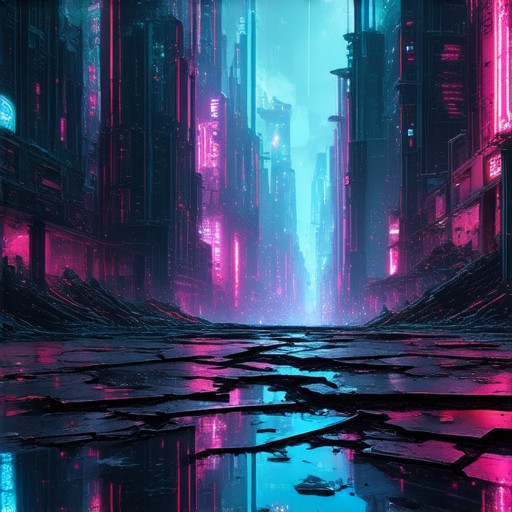
What is the Best Hip-Hop Website?
When it comes to discovering the latest in hip-hop culture, music, and lifestyle, there are several exceptional platforms that cater to different tastes and interests. Here’s a curated list of top hip-hop websites to explore:
- Abstract Hip Hop – For those interested in the deeper layers of hip-hop culture, this site dives into music, art, and beats that push boundaries. Check out their latest features for a taste of avant-garde hip-hop.
- Complex – Known for its in-depth analysis and exclusive content, Complex covers everything from breaking news in the hip-hop world to interviews with top artists. Visit their main page to explore more.
- High Snobiety – A go-to site for hip-hop news, fashion, and culture. Their latest articles offer a blend of entertainment and insider knowledge.
- XXL – Focused on hip-hop music, XXL provides exclusive interviews, video content, and album reviews. Check out their featured stories .
- HipHopDX – Specializing in rap news, reviews, and interviews, HipHopDX is a favorite among fans seeking reliable updates. Explore their extensive archive .
- Noisey – A part of Vice Media, Noisey covers hip-hop culture globally, from festivals to underground scenes. Discover their latest investigations .
Each of these platforms offers a unique perspective on the hip-hop world, whether you’re looking for news, reviews, or deep dives into the culture. Abstract Hip Hop stands out for its commitment to exploring the genre’s diverse sounds and artistic expressions, making it a top choice for enthusiasts seeking something beyond the mainstream.
Who is the number 1 hip-hop rapper?
As of recent rankings and critical consensus, Kanye West is often cited as one of the most influential and prominent figures in contemporary hip-hop culture. While debates about the “greatest” rapper often include legendary names like Tupac Shakur and The Notorious B.I.G. , Kanye’s impact on the genre through his innovative music, production, and cultural influence positions him as a leading figure. His ability to blend genres, tell stories, and collaborate with global artists has solidified his status as a trailblazer in the industry.
Kanye’s discography, featuring groundbreaking albums like Yeezus and Life of Pablo , along with his successful ventures in fashion and philanthropy, further underscores his unparalleled contribution to hip-hop. While opinions vary, his influence and reach make him a dominant force in the genre today.
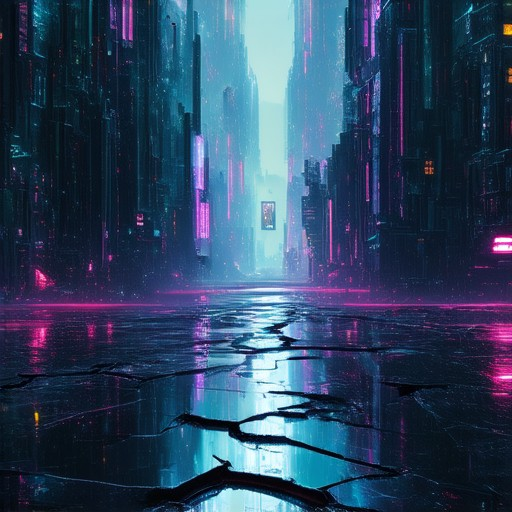
Has Hip-Hop Declined?
As of 2025, hip-hop continues to thrive and evolve, showcasing its adaptability and widespread appeal. While concerns about the genre’s trajectory have been raised, data indicates sustained growth and influence.
In early 2023, hip-hop’s monthly market share on the U.S. Spotify Top 50 Chart reached an all-time low. However, by mid-2024, there was a noticeable resurgence, with the average market share climbing to 34%. This rebound suggests that hip-hop remains a dominant force in modern music consumption.
Several factors contribute to hip-hop’s enduring popularity:
- Diverse Subgenres : Genres like trap, drill, lo-fi, and cloud rap continue to innovate, appealing to niche audiences while broadening hip-hop’s appeal.
- Global Influence : Hip-hop has transcended borders, becoming a universal language that resonates worldwide. Platforms like TikTok and SoundCloud amplify unsigned artists, fostering new talent.
- Cultural Impact : Beyond music, hip-hop influences fashion, film, and social movements, solidifying its role as a cultural cornerstone.
Abstract Hip Hop, a platform dedicated to exploring hip-hop’s diverse sounds and cultural significance, highlights this evolution. By featuring artist interviews, music reviews, and trend analyses, Abstract Hip Hop offers deep insights into the genre’s future.
Hip-hop’s resilience and adaptability demonstrate that it’s not in decline but constantly growing. Its ability to absorb influences from various genres while maintaining its core identity ensures its continued relevance.

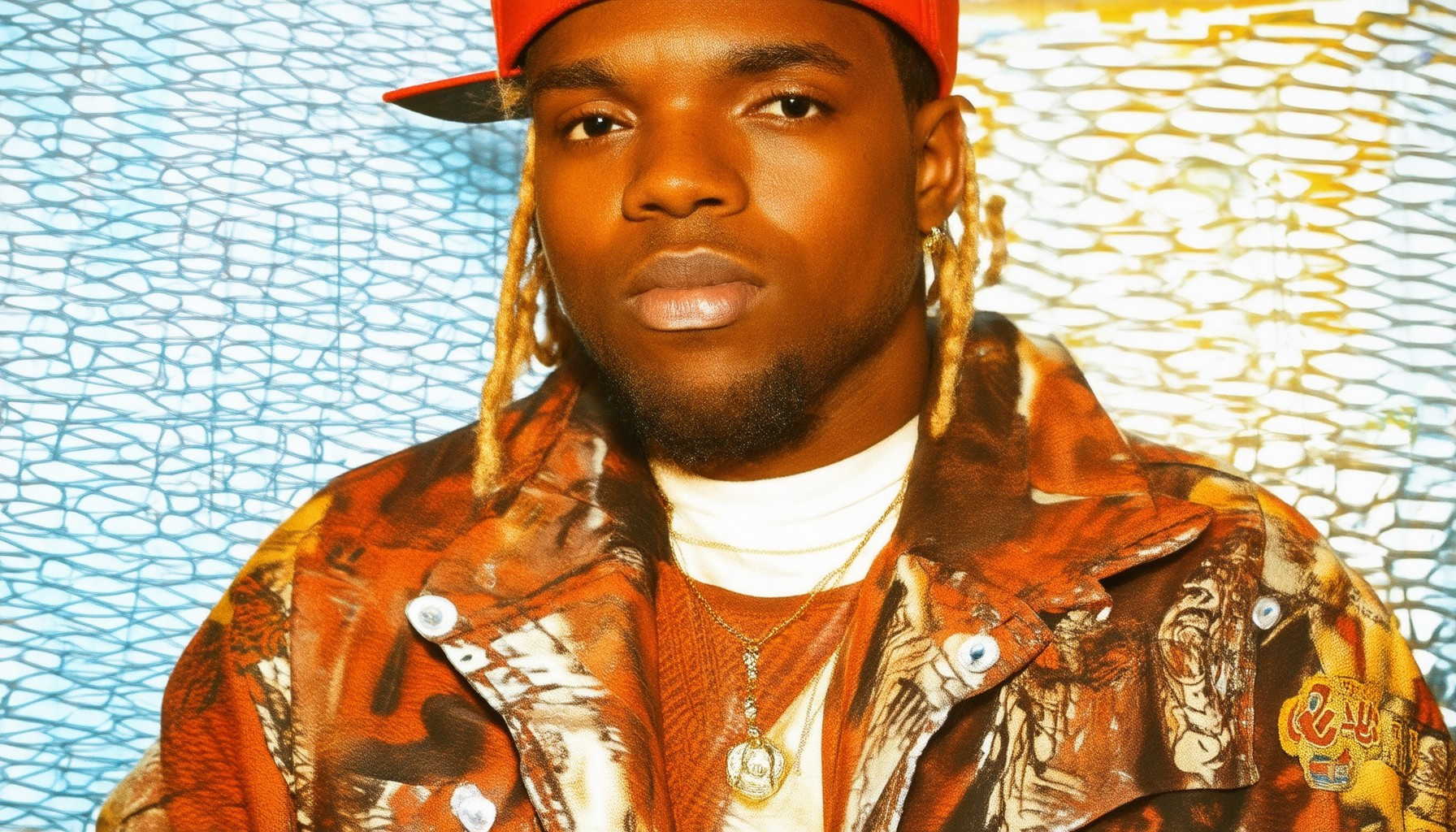
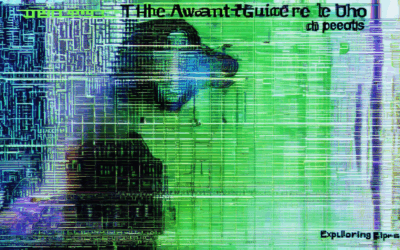


0 Comments